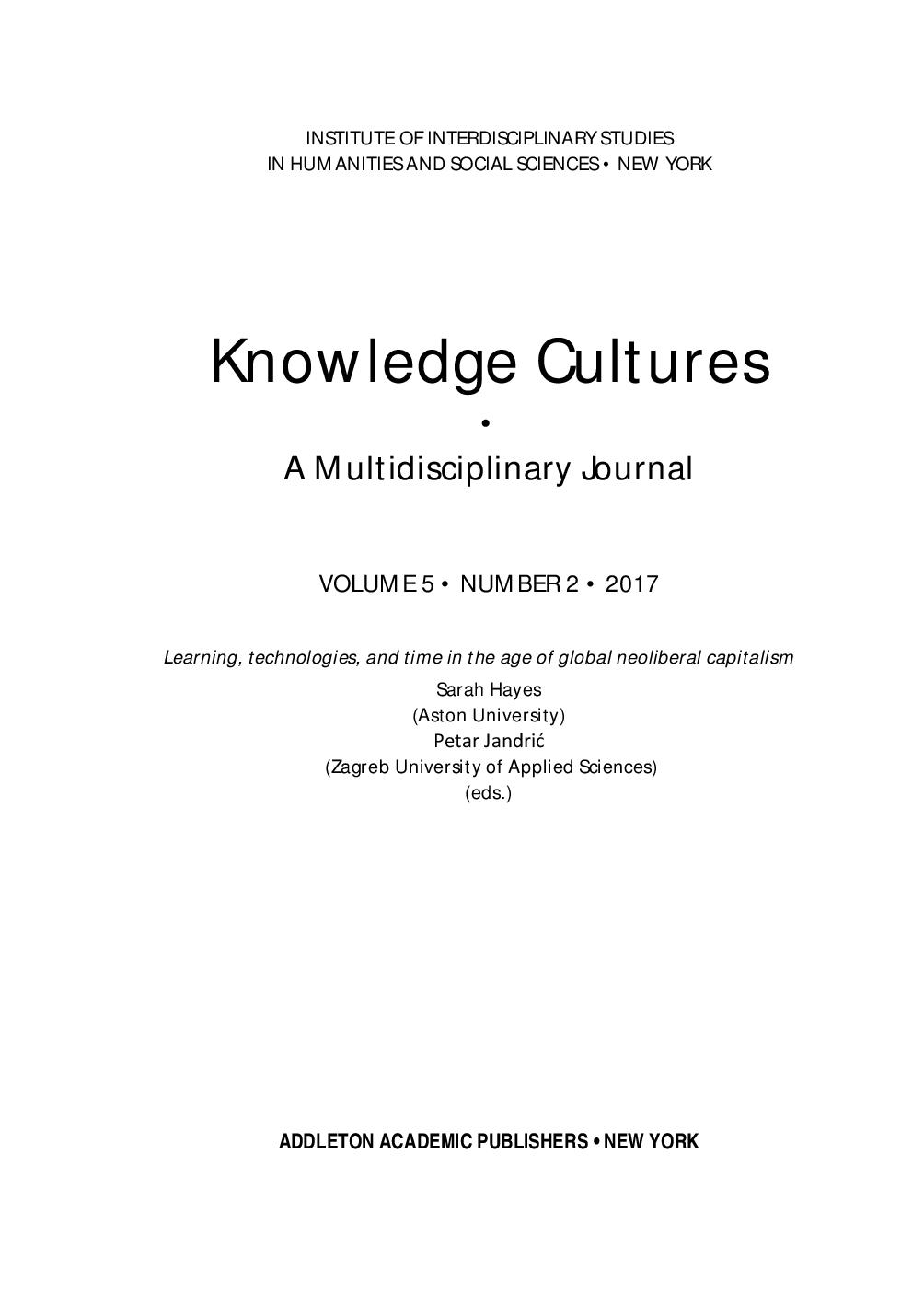BRAIN-BASED LEARNING FOR ACCELERATED ONLINE EDUCATIONAL PROGRAMS AS A FOUNDATION FOR RESISTANCE OF PREDATORY PRACTICES ON THE “TIME-POOR”
BRAIN-BASED LEARNING FOR ACCELERATED ONLINE EDUCATIONAL PROGRAMS AS A FOUNDATION FOR RESISTANCE OF PREDATORY PRACTICES ON THE “TIME-POOR”
Author(s): LYDIA ROSESubject(s): Higher Education , ICT Information and Communications Technologies
Published by: Addleton Academic Publishers
Keywords: brain-based learning; Educational Industrial Complex; time-poor; global neoliberal capitalism; politics of time; predatory practices
Summary/Abstract: The notion that we all have the same amount of time, the same resources and responsibilities to manage our own time, and are free to make personal choices about how we use our time in pursuit of education are brought under scrutiny in this paper. Much of what is known about the learning process, how the brain works and time investment appears to be ignored in the digital, networked environment. Therefore, several components of how the brain works (the cerebral cortex and episodic and semantic memory) are presented as a foundation for rethinking and resisting neo-liberal constructions of time and the Educational Industrial Complex, that prey on the “time-poor.” Technology based, online educational opportunities are typically consumption-based capitalistic enterprises that distort the perceptions of one’s access to time and the dialectical relationship between knowledge, education, and human potential. This distortion is partially related to the disjunction of biological learning and socio-economic structures of online education aimed at the disadvantaged. The “politics of time” and the “time-poor” are discussed as constructs of global neoliberal capitalism. The Educational Industrial Complex, as a set of capital-based enterprises that commodify learning, including accelerated online educational environments, is explored as predatory practices on the time-poor. Brain-based learning for accelerated online educational programs serves as a foundation and call for resistance and social change regarding predatory practices on the “time-poor.” The conclusion supports the notion that the neoliberal practice of treating education as a commodity encourages predatory marketing to those that are time-poor as well as enticing over-commitment into educational structures that may not incorporate what is known regarding brain-based learning.
Journal: Knowledge Cultures
- Issue Year: 5/2017
- Issue No: 02
- Page Range: 144-162
- Page Count: 19
- Language: English
- Content File-PDF

